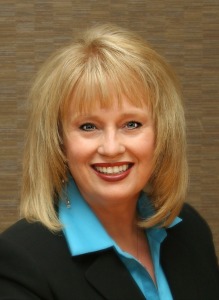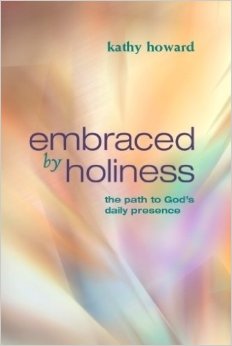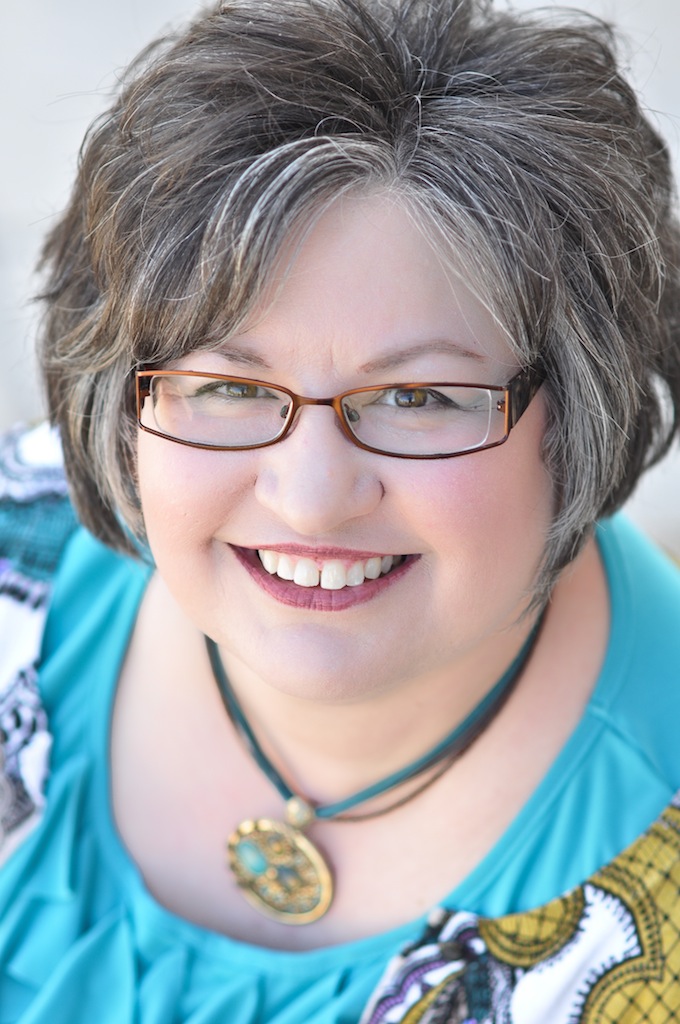5 Ways to Bring God Naturally into Parenting
Sheila Wray Gregoire’s blog, “To Love, Honor and Vacuum,” often offers helpful counsel to parents. In this UPGRADE Your Parenting post, she gets to the root of spiritual influence in the home.
 We want to raise our kids to love God, but it can seem awkward,” Sheila wrote. “We get scared that if we ‘push’ it too hard, then our kids will rebel.”
We want to raise our kids to love God, but it can seem awkward,” Sheila wrote. “We get scared that if we ‘push’ it too hard, then our kids will rebel.”
I (Dawn) have seen that happen time and time again. The very thing parents wanted for their children, they sabotaged with pushing. The scriptures tell us to teach and guide our children all day long (Deuteronomy 6:6-7), but it's not always easy to do.
So what’s the secret to natural discipleship of our children?
Sheila continues …
Certainly, if you push it, that can backfire; but if God is already a natural part of your life, then kids tend to see that and naturally gravitate to it.
Stress relationship, not rules. Christianity is about relationship, and when kids have that with you, and see you having that with God, it’s only natural that would spill over into your parenting.
1. Be sure God is a natural part of your life.
You can’t just “naturally” talk about God if you don’t actually know Him. Snatch moments through the day for your devotions. Join a Bible study that meets weekly. Start praying out loud there—force yourself! The more we can do these things naturally, the less awkward it gets.
If you are feeling awkward, it may be a sign not that your parenting is off but that you need to spend more time with God first!
2. Take time to talk.
You can’t expect to have deep conversations with kids if you don’t get much time with them. Limit your extracurricular activities. Plan technology-free times when you can talk—like over the dinner hour as a family.
If you know you’re growing apart from one of your kids, your instinct may be to grab hold hard. That often causes the child to withdraw. A better approach: find more time when you can just be with your child … with no agenda. Just “hang out.”
3. Do things together.
My youngest daughter and I get into the best talks when we go for walks together. Other people swear that their best conversations happen in the car.
4. Own up to your mistakes.
The best teaching times I’ve had with my girls are when I’ve messed up. That’s when I can really model God to them. Take those opportunities to offer a heartfelt apology. Model a prayer of confession when you remind your kids that you’ve also sinned against God. Ask for their forgiveness.
Let them see that confession isn’t weakness. It’s good to acknowledge our faults quickly when we make mistakes.
5. Make use of great resources.
Here are a few resources that I love:
- For Family Devotions - The vast majority of family devotionals I’ve found in Christian bookstores are, to put it simply, lame. Learning to Speak Life isn’t. Each week has a Fruit of the Spirit to work through. There are stories, role playing games, verses to memorize—even an activity to do as a family, if you so choose. There are thoughts for different ages; and it’s super easy to do without a lot of set-up.
- To Prepare Kids for the Opposite Sex - Preparing your kids to make good decisions when it comes to dating and the opposite sex has to start when they’re young. It’s not about having “the talk” with your kids. It’s about having an ongoing dialogue—multiple “talks”—that help keep the lines of communication open so they know that they can ask you anything. One of the best resources I have found to make this natural is Barrett Johnson’s The Talks (available in an ebook or paperback).
- Scripture Memory – Families use to memorize together as a key spiritual discipline. When children have a repertoire of key verses memorized, it puts them in good stead for life. I’ve written out my favorite 50 Bible verses to memorize. Try memorizing one verse a week with your family. It will make a tremendous difference!
Bringing God into conversations can feel awkward, but remember: “I’m just sharing with my kids my own heart. I’m sharing something that’s important to me.” If those things are true, you’ll find it much easier to parent with God.
How do you bring God in to your parenting naturally?
 Sheila Wray Gregoire a syndicated columnist, blogger and speaker. The author of seven books, including How Big Is Your Umbrella and To Love, Honor
Sheila Wray Gregoire a syndicated columnist, blogger and speaker. The author of seven books, including How Big Is Your Umbrella and To Love, Honor  and Vacuum, Sheila mixes humor and real-life stories to help women deal with the messy problems many of us face. She holds two Master's degrees from Queen's University, but says her real education has come as a wife to Keith and mother to Rebecca and Katie, who they homeschool and take on mission trips. Though Sheila is married to a physician, she still faints at the sign of blood! For more about Sheila, visit her website.
and Vacuum, Sheila mixes humor and real-life stories to help women deal with the messy problems many of us face. She holds two Master's degrees from Queen's University, but says her real education has come as a wife to Keith and mother to Rebecca and Katie, who they homeschool and take on mission trips. Though Sheila is married to a physician, she still faints at the sign of blood! For more about Sheila, visit her website.
Graphic adapted, Image courtesy of stockimages / FreeDigitalPhotos.net.
 Post a Comment → Posted on
Post a Comment → Posted on  Thursday, June 19, 2014 at 7:00AM
Thursday, June 19, 2014 at 7:00AM  Natural discipleship in the home,
Natural discipleship in the home,  Parenting,
Parenting,  Sheila Wray Gregoire,
Sheila Wray Gregoire,  Upgrade with Dawn Upgrade Your Life
Upgrade with Dawn Upgrade Your Life  Parenting,
Parenting,  Spiritual Life
Spiritual Life 












